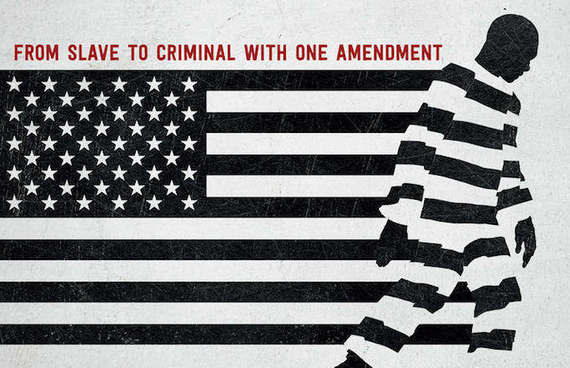Twice today I heard a quote from the bible. It's an odd fact that sometimes we hear a thing and, swearing we've never heard it before, find that we suddenly hear it popping up everywhere. But since it happens, and since I'm ruminating on mine for today, let me share it with the whole class.
It comes from Proverbs 31:10. There are many translations, the bible being a rather old book, but generally it goes:
"Who can find a worthy woman? For her price is far above rubies."
Huh.
The first time I heard this proverb today was from Velma Jean Learns to Drive, a story about a North Carolina girl in the 1930's-40's. The second time was in the newest episode of The Handmaid's Tale, Hulu's spin on Margaret Atwood's classic tale, a dystopian rape fantasy set in the near future.
Oh, not super happy with the term rape fantasy? Well, Atwood herself wrote a story describing the precise use of the term, so here, catch knowledge.
Anyway, I thought about how this phrase was offered with (arguably) good intent in both cases. The one a word of comfort and guidance to a teen about to wed. The other a means of indicating how worthy a man finds his wife. In both, I get hung up on the word "price" and its antecedent, the rubies. And the longer I thought, the more I thought about the instances when I've heard a "price" refer to a man:
- if he's a slave
- if he's a wanted man (criminal, or slave, or both)

In the second case, it's usually a "price on the man's head," which locationally speaking, isn't quite the same thing as the 1:1 ratio in our earlier examples.
Then I remember that in the time of the Bible, women were men's property pretty much everywhere all over the world.
This is a really, really depressing fact, people.
 wait, no, nix the "n."
wait, no, nix the "n."
I mean, on the one hand, it's great that I have the ability to be offended at the direct object comparison and to express my discontent freely to 'the public.' On the other, everything else about the situation.
In both the cases where I heard proverbs 31:10 today, the proverb was offered with positivity. Yet I could sniff a hint of something stale, brittle, or moldering under the sentiment each time.
I'd guess more than many women aren't too happy at the women = tradable good correlation either.
Maybe one step is to normalize the language more. Create more scenarios where men are praised as worthy objects.
Or, if not, maybe media could just lay off the Baader-Meinhof Phenomenon for a while--
I mean, Proverbs 31:10--
or at least upgrade to meteorites.